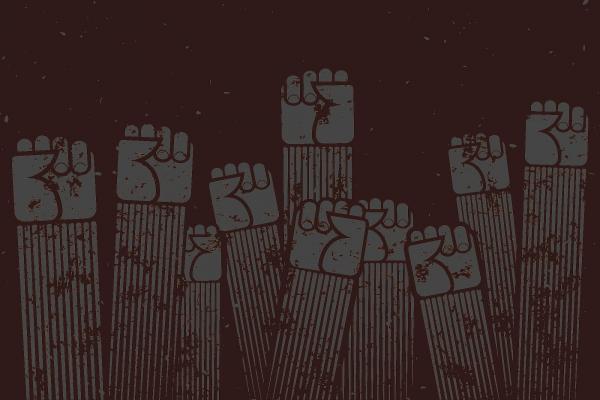Mar 16, 2016
In today’s political climate we’re witnessing plenty of protesting — there is indeed much to protest. But some Christians, particularly in evangelical circles, believe protesting is sinful, that it’s only something that young, uneducated, unemployed, liberal fools do just for the sake of causing trouble.
Read the Full Article

Already a subscriber? Login
